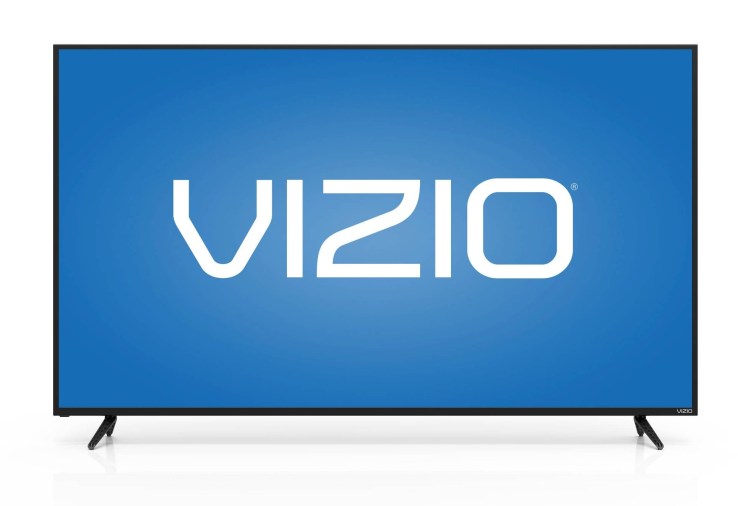

TV maker Vizio will pay $2.2 million to settle a lawsuit after it was shown that for years the company has been secretly collecting viewing data and selling it to third parties. The penalty may seem light, but the damage to the Vizio brand may be irreparable.
The lawsuit was filed against Vizio and subsidiary Inscape Services by the FTC, the Attorney General of New Jersey and the director of the state’s Division of Consumer Affairs.
As the FTC blog post makes clear, this was no innocent, anonymized data collection. The exact show being watched, second by second, was recorded and sold alongside IP data and metadata like MAC addresses, nearby Wi-Fi networks and so on. This would be matched by a third party to individuals or households — and while names were not allowed to be attached to the data, pretty much every other detail was: “sex, age, income, marital status, household size, education, and home ownership,” according to the FTC.
TVs did this under the guise of a feature called “Smart Interactivity,” which ostensibly offered “program offers or suggestions.” Not only does the setting say nothing of pervasive tracking of viewing habits, but the lawsuit notes “Defendants have not provided any ‘program offers or suggestions’ or ‘program-related information’ for most televisions for more than two years” — so the feature was essentially a dummy. Even older TVs that didn’t have the feature originally were updated and opted into the program.
In addition to coughing up some money, Vizio must delete all data collected up until March of 2016 and improve its privacy practices. The $2.2 million includes $1.5 million for the FTC and $1 million for the New Jersey’s DCA — although $300,000 was suspended from the latter amount as a carrot measure to get Vizio to comply with the terms of the settlement. Vizio admits to no wrongdoing.
The business isn’t entirely finished. One of the counts in the complaint against Vizio alleges that the company recorded and shared “sensitive data.” Ohlhausen prudently points out that this is uncharted territory:
We have long defined sensitive information to include financial information, health information, Social Security Numbers, information about children, and precise geolocation information. But here, for the first time, the FTC has alleged in a complaint that individualized television viewing activity falls within the definition of sensitive information.
There may be good policy reasons to consider such information sensitive. Indeed, Congress has protected the privacy of certain video viewing activity by passing specific laws, such as the Cable Privacy Act of 1984. But, under our statute, we cannot find a practice unfair based primarily on public policy.
She promises to look into this further.
Should the FTC find that viewing info is sensitive similarly to how financial and medical data are, that might mean serious changes in how your data is collected and shared. Of course, it might also just mean the 18-page privacy statements you’ve already agreed to will get one-line updates to reflect the new regulations.
Vizio can probably spare the cash, but this is exactly the kind of bad behavior that people feared would crop up when TVs started getting “smart.” The Vizio brand will be taking a big hit as this news spreads — the story’s been here and there for some time but this settlement makes everything crystal clear. Savvy sales people will use it as a way to upsell, but consider this: Vizio isn’t likely to misbehave any time soon, and may price their TVs to move until consumers forget.
There’s one other thing this may effect. Freshly minted electronics megacorp LeEco announced plans to buy Vizio last year for $2 billion. That acquisition hasn’t gone through, but following this stumble (and LeEco’s own money troubles), the terms might have changed somewhat. We’ll see if the deal has been modified.

